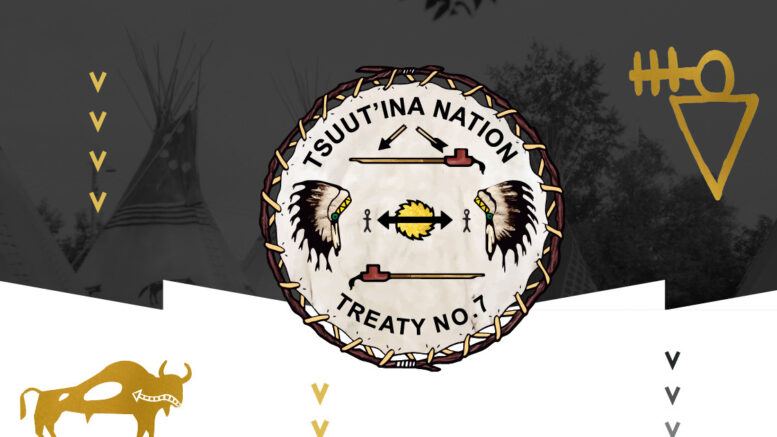By Jeremy Appel, Local Journalism Initiative Reporter
(ANNews) – Tsuut’ina Nation has established a new program to assist young adults who are transitioning out of the First Nations child welfare system by providing them with needed social support as they enter adulthood.
The program, which began in February, is called Idanaguts’ishoti, meaning “One who gets to know themselves again” in Dene. It’s also known as the Post-Majority Program, referring to participants being past the age of majority.
“Providing support for youth aging out of foster care and as they transition into adulthood is essential for promoting their well-being, independence and success,” Kathleen Bigplume, an outreach worker with the program, told Alberta Native News. “Our program can help ensure that they have the opportunity to reach their full potential and thrive as they make this transition.”
The program provides wraparound support for youth aged 18 to 25 tailored to their unique needs, which could consist of assistance with housing, food, mental health care, employment, financial security, addiction, cultural support and healthy relationships.
“We also provide mentorship and ongoing support to help youth navigate challenges and achieve their goals,” Bigplume added.
Her role as a support worker is “to promote self-identity, stability, empowerment and self-sustainability [by] providing mentorship for educational support and career counselling, and bridging gaps in services and making sure that they’re available to all of our participants.”
A significant challenge in getting Idanaguts’ishoti off the ground is “reaching the majority of our potential participants,” she added.
Many young Indigenous adults who are aging out of care, Bigplume explained, aren’t aware that they have this resource to support them as they enter adulthood.
Shenat estimated that there’s around 75 people who are entitled to enter the program that they haven’t been able to track down.
The program is intended specifically for Tsuut’ina band members who have been through the nation’s Child and Family Services, even if they live off reserve, but non-band members who are Indigenous, live on reserve and have gone through the child welfare system are also eligible.
The desired outcomes for participants are wide-ranging — obtaining secure and stable housing, completing their education, or making progress towards completion, securing employment and developing crucial life skills.
“We measure their success, not by the outcomes, but by the sense of confidence and self-sufficiency. that our participants gain through their journey with us,” Bigplume emphasized.



Be the first to comment on "Tsuut’ina introduces Idanaguts’ishoti program for youth aging out of care"